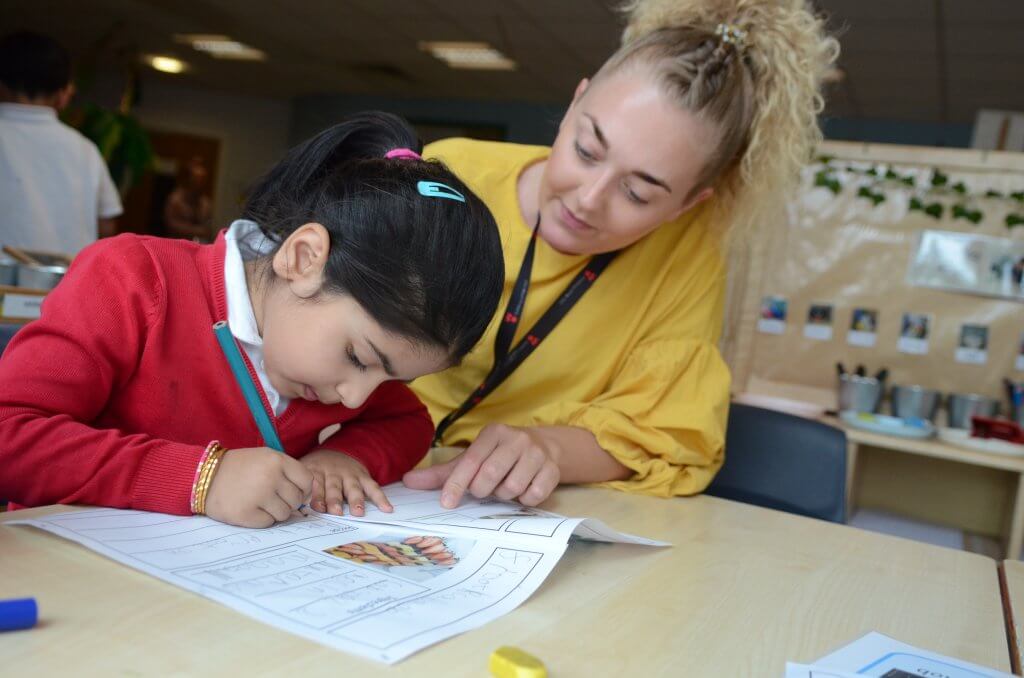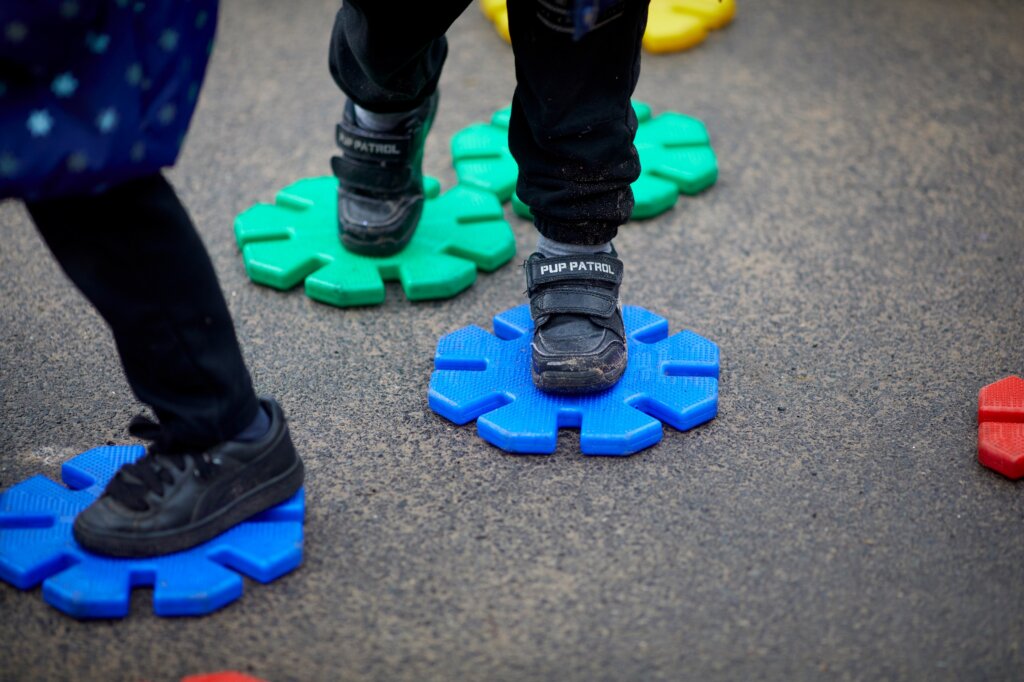This week is Men’s Health Week. Never before has looking after our physical and mental health been so important. All people are vulnerable to mental health problems. That said, the number of men, specifically, with mental health needs is significant. Statistics from the Men’s Health Forum tell us that;
- Men report lower levels of life satisfaction.
- Men are less likely to access psychological therapies.
- Nearly three-quarters of adults who go missing are men.
- 87% of rough sleepers are men.
- Men are nearly three times as likely to become dependent on alcohol and to report frequent drug use
- 3 times as many men as women die by suicide
- Men aged 40-49 have the highest suicide rates
These staggering facts indicate more should be done to support men with their mental health. The Office for National Statistics report that only 30% of employees working in the education sector are men. The gender imbalance is more commonly seen in the primary sector with just 2% of the early years provision being male.
This blog outlines opinions from 3 men working in key roles within the education sector on matters relating to mental health and why there should be more of a focus to support our male colleagues.
Mr Andy Park, Executive Headteacher, Prospere Trust discusses the importance of male role models and self awareness:
“Young men are often expected to behave in a certain way but with little in respect of guidance and support, in many schools we offer a very generalised approach to life skills, more could be provided specifically for boys so they can learn about life skills in a male safe environment.
I see many boys lacking role models in their lives. Even at school pastoral leaders, behaviour coaches and counsellors tend to be female. There is often a lack of men working in such supportive roles except for maybe traditional sporting and coaching roles. As a result such support is not as encompassing as it could be. To help our young men be successful in life and understand how to develop successful relationships with people we need them to have exposure to a wide range of positive role models, both female and male and from a range of backgrounds and experiences. It would be ideal to see more men working in these emotional supportive roles across our schools so they can support boys in developing relationships and understanding their emotions.
It is important to look after yourself, being in education is a demanding and at times a stressful job, I work very long hours and need to ensure I recognise the need for self-care. My top tips for self-care are; give yourself time, don’t allow the job to consume you; limit exposure to social media / online information; exercise as much as you can, even walking counts; eat well, try and eat fruit and good nutritious snacks throughout the day to boost energy. The most important strategy which keeps me on track is self-awareness and the ability to recognise in myself when things are not right so you can act quickly to support yourself. Having meaningful and supportive relationships at work with colleagues is another good way as you can spot signs in each other before health issues become potentially serious”.
Patrick Ottley-Oconnor, Headteacher, WestHoughton High School explains the importance of selfcare, outlines how this can work in the school setting and to summarise provides some top -tips for men and their mental health.
“I believe that schools should create a culture of care as an integral part of their values based vision that encourages, engages and empowers male students and staff to see and own their own mental health and wellbeing. Importantly, they then need to solve any issues (with support) and actually do something about it!
In each of my headships, on the first day, I have always shared this message with staff, ‘Look after yourself first, before helping others, so that together we can make the biggest difference for our students.” I then repeat this message in our weekly wellbeing briefings to keep the message alive.
During these weekly staff briefings we communicate & celebrate our collective journey in creating a culture of care, including individual wellbeing milestones and achievements of the men in our team. Indeed, I invite all colleagues to join me in becoming Wellbeing Supermodels, by modelling and showcasing the behaviours that we want to see in prioritising our own mental health and wellbeing. Role modelling is important in breaking through the barriers and personal struggles that many men encounter in addressing their own mental health.
I am an active ally for women and believe passionately in gender equality; however, some of the gendered language and behaviours that perpetuate the discrimination against women have an adverse effect on boys and men, for example, I grew up hearing, ‘Big boys don’t cry’, ‘Only girls wear pink’, etc. As schools, we must become more aware of gendered language and challenge the unconscious bias and stereotypes that affect boys and men. It’s important that we listen to and hear the voices of boys and men face to truly understand the issues from their perspective, particularly in relation to their own mental health. We should regard feedback as a gift, even if some of those gifts are difficult to receive!
Here are a few actions and strategies to encourage, engage and empower men to see and own their own mental health and wellbeing.
- Monitoring of access of men to support services
- Support, counselling and occupational health referrals offered to men as a part of all return to work meetings
- Actively encourage men to participate with the 5 ways to wellbeing, through #teacher5aday, i.e. Exercise, Connect, Notice, Learn & Volunteer
- Support flexible working and leave of absence requests for me as equitably as done for women
- Regular staff perception questionnaires with a mental health focus; then establish structures to support the removal of any identified barriers, as well as creating opportunities to support identified need.”
Watch out for our Autumn Term training on the issues raised within this blog which will be co-hosted by Patrick and myself.
One Education Ltd offers a wide range of services for pupil and staff wellbeing to help school leaders. The OneWellbeing service promotes positive mental health and happiness. Our service is specifically designed to holistically support educational settings in the area of mental health and wellbeing for pupils, staff and the community.













